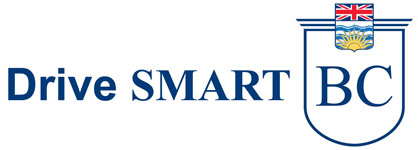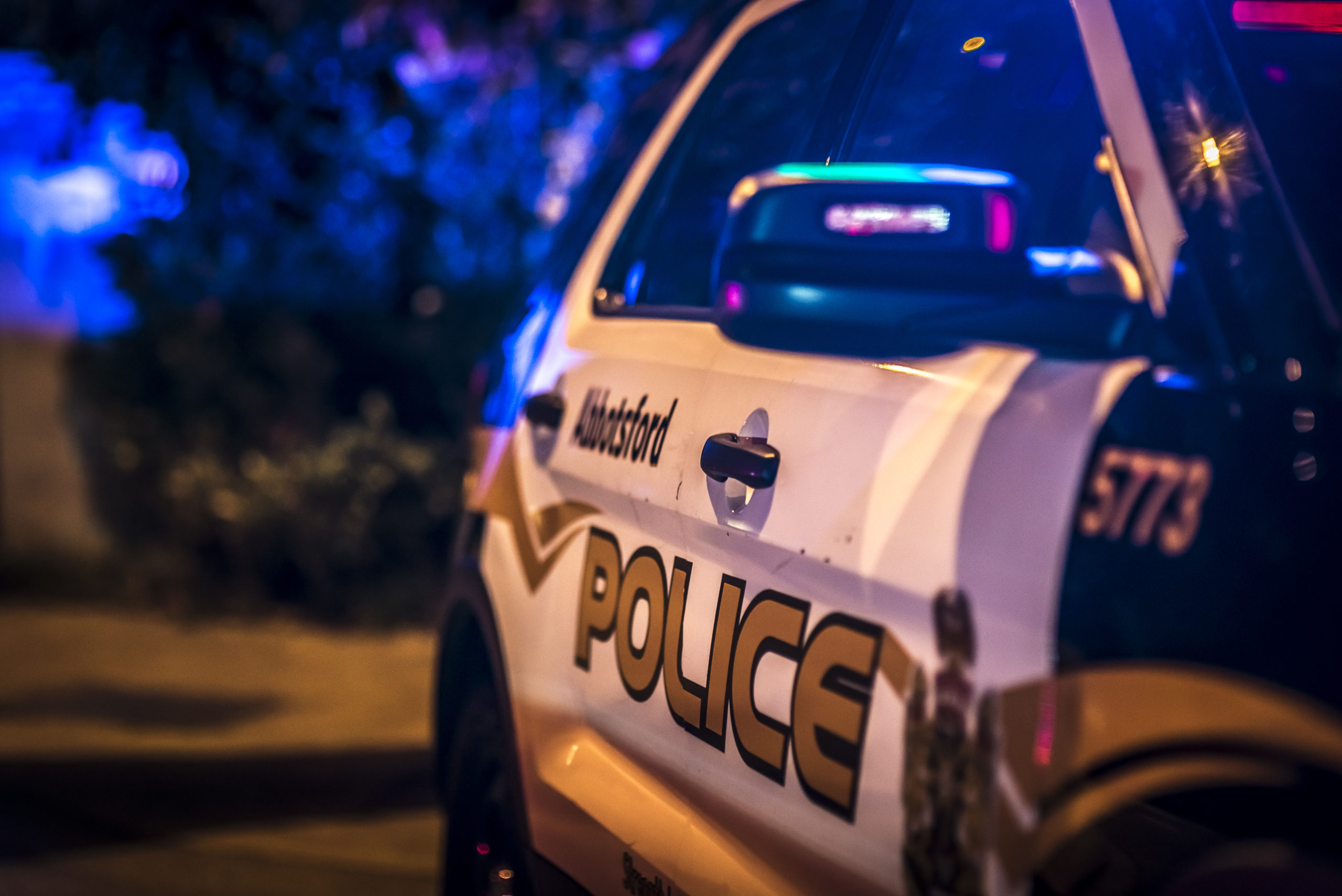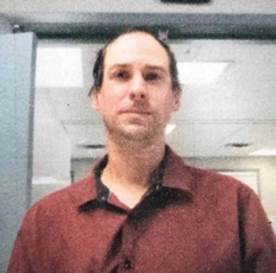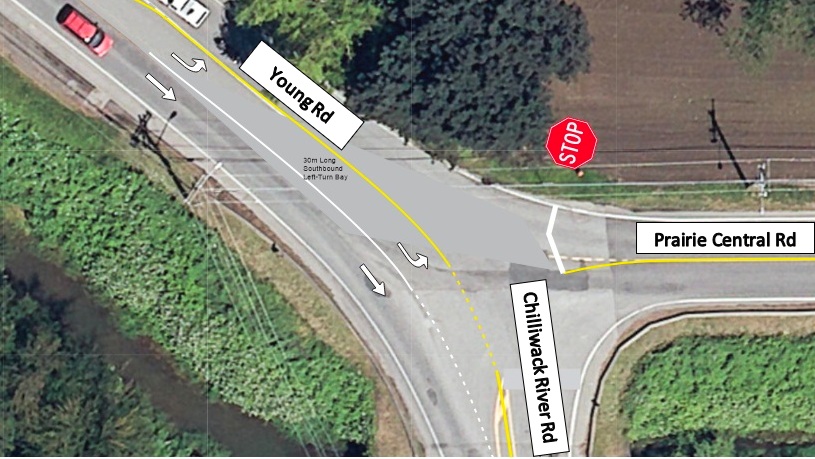A recent poll by Insights West found that 50% of Canadians feel that drivers in their city or town are worse than they were five years ago. The two top groups of bad drivers identified by three of every five of us were youth and seniors. To top it off, most of us have witnessed dangerous and illegal behaviour on our roads in the past month. Wow! Time to have a look at ourselves in the rear view mirror.
British Columbians rated the worst in the country for three of five common driving errors: not stopping at an intersection when required, turning from an incorrect lane and having to brake suddenly or steer out of the way to avoid a collision. Those in Saskatchewan and Manitoba don’t signal turns and Albertans tend to take more than one parking space for a single vehicle. It’s sad that we come out on top of the most dangerous errors in the list.
We’re pretty much the same across the age and gender spectrum when it comes to pointing the finger at other drivers too. 48% of women and 52% of men divided across the age groups of 18 to 34 (46%), 35 to 54 (48%) and 55 plus (56%) think that driving behaviour is worse today.
The survey does not say, but I would be willing to bet that the young and middle aged identify their elders as a problem while the middle aged and older worry about the quality of young drivers. ICBC collision statistics do not report primary collision responsibility by driver age group but a 2003 study by Sarah Laing at Simon Fraser University confirms that the young and the old are most likely to cause collisions at intersections. Intersections have the highest risk of being involved in a collision on our highways.
Two themes were common in the data according to the poll. Distracted drivers were seen as being responsible for problems on the road. Given the media focus and the fact that distracted drivers are simple to identify with accuracy I would agree with this. What I do not agree with is blaming of specific ethnic groups. Unless you are from a specific reciprocal jurisdiction with a minimum of two years driving experience you have to pass the same tests that new BC drivers do to be licenced here. In addition, you cannot tell who was born Canadian and who wasn’t simply by looking at them.
It would be very interesting to see a follow up poll asking what we would be willing to do to take personal ownership of the issue and contribute to the solution. BC’s road safety strategy of Moving to Vision Zero is now encouraging a safe systems model. Where the Rubber Meets the Road: Reducing the Impact of Motor Vehicle Crashes on Health and Well-being in BC is a report released by our Provincial Health Officer. One facet of the suggested solution is a speed limit of 30 km/h in residential areas and the implementation of automated enforcement to hold drivers accountable to all speed limits. Our Minister of Transportation and Infrastructure was immediate, no photo radar and speed limit changes would not occur without significant public consultation.
It’s a bitter pill to swallow! Why should I slow down where it is shown to be of measurable benefit? Automated speed enforcement? You must be kidding! I would not vote for any government that brought that system back to BC. I’d rather risk being one of the 280 people who lost their lives or be among the 79,000 injured each year than I would be held accountable for my driving behaviour.
To comment or learn more, please visit DriveSmartBC.ca.
Constable Tim Schewe (Retired)DriveSmartBC: Where better than average drivers satisfy their curiosity.







